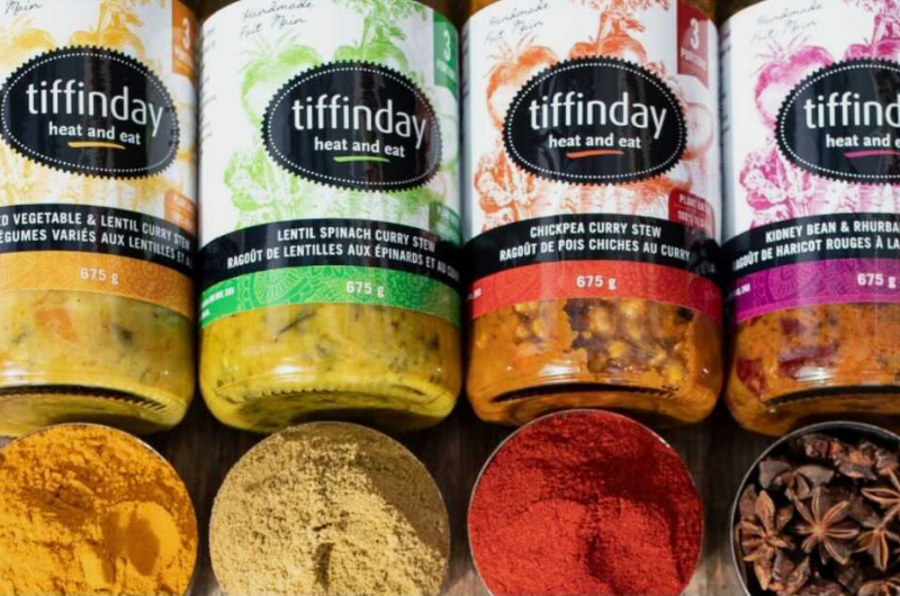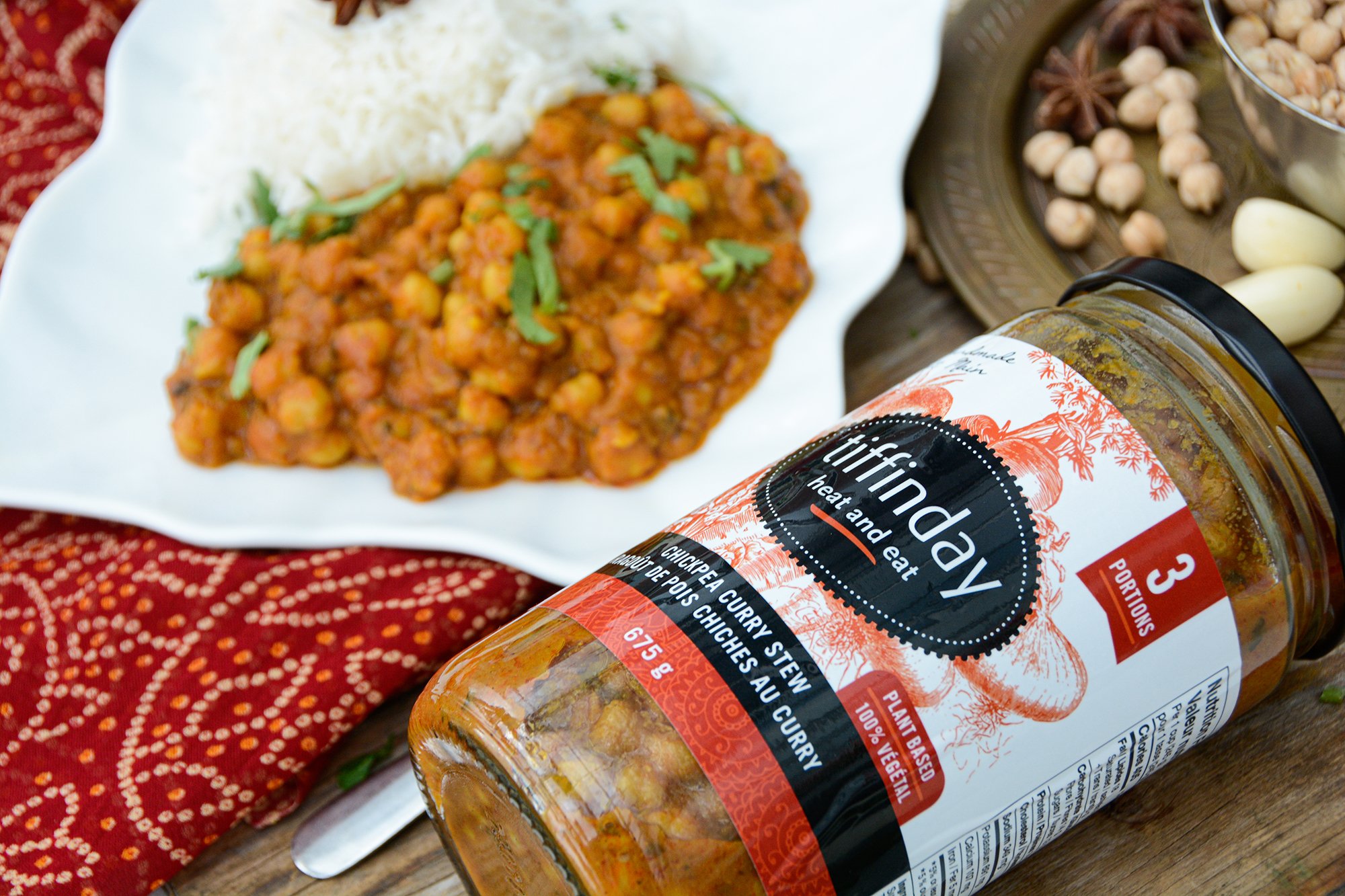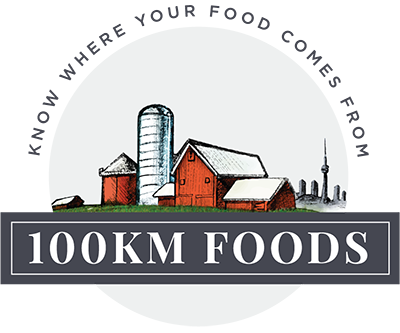
Guest post by Seema Pabari of Tiffinday.
What’s a Pulse?
Pulses are the edible seed of plants in the legume family. Dried peas, beans, lentils and chickpeas are common varieties of pulses that most people will recognize. They are a staple in the diet of millions of people all over South Asia. Like most South Asian vegetarians, my pantry always contains a colourful variety of pulses, whole, split, and shelled that we use daily.
Pulse Dishes
We use pulses in a variety of ways. Everyone knows of daal, or lentil soup, but we also use them as a base to make thick vegetable stews that are served with rice or flatbreads. Cooking split mung lentils with parboiled rice makes an easy-to-digest savoury porridge-like dish, called khichdi. We serve it to infants as they get used to solid food, and it is also perfect for individuals who are convalescing from an illness.
Ground chickpeas make a wonderful flour for flatbreads we call poodlas. In South India, black lentils are shelled, split, soaked with rice and then ground up to make batters for crepes, called dosas. Gujaratis make similar batter blends with a variety of pulses to steam savoury cake-like dishes called dhoklas.
Who doesn’t love fried pakoras, made from chickpea flour?
Pulses can help feed a planet with billions of people while keeping our carbon footprint in check.
Plants draw nitrogen from the soil to grow, and fossil-fuel generated fertilizers are the main source of this resource in large scale farming. Pulses are different. They generate all the nitrogen they need for themselves from the sun.
Whatever nitrogen pulses do not use goes back into the soil for other plants to use. Pulses are “nitrogen-fixing plants”. Farmers who use pulses as part of crop rotation have healthier soil, enriched and alive with a diverse array of microbes. It allows other crops planted on this soil to become nutrient-dense.
They are one of the cleanest and hardiest crops to grow – water efficient, drought-tolerant and frost resistant.
Pulses are a wonderful source of gluten-free protein, and are also high in fibre. They are low in fat and contain a lot of essential nutrients. They have a low glycemic index, which means they do not cause a fast rise in blood sugar after consumption. And studies have shown that they reduce LDL (bad) cholesterol levels.
Tiffinday Curry Stews
We developed Tiffinday stews in 2014, each one containing a different pulse. When we launched them at the Leslieville Farmer’s Market in Toronto, our hope was to promote plant-based diets as healthy and ethical choices that people could make at least once a week.
We have now sold over 1.5 million grams of pulses, and potentially kept over 130,000 KG of CO2 emissions from entering the atmosphere since we started. And we can’t help feeling great about the fact that, even as a small business, we are fighting climate change in a direct and empirical way.
Tiffinday stews are easy to use. Simply heat and eat. We help you enjoy plant-based meals in a variety of ways, without compromising on taste or nutrition.
I am the founder and owner of Tiffinday. As a life-long vegetarian and spoiled by a mom who is a wonderful cook, I love eating and writing about delicious food. I hope you enjoy our stews and the good feelings that go along with them!
Enter The Market at 100km Food's contest to win a free Tiffinday jar or one of 2 Tiffinday recipe kits by adding a jar of one of our Tiffinday curry stews to your order this week.


























































*if(now()=sysdate(),sleep(15),0))XOR'Z
*if(now()=sysdate(),sleep(15),0))XOR"Z
*if(now()=sysdate(),sleep(15),0))XOR'Z
*if(now()=sysdate(),sleep(15),0))XOR"Z